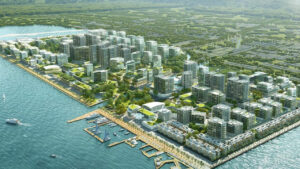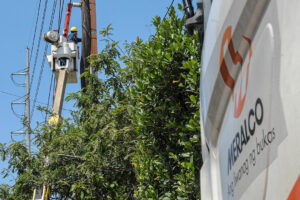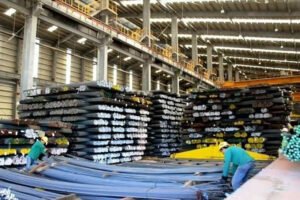Sansan Global sees tech hubs boosting property growth outside Metro Manila

THE GROWTH of technology hubs outside Metro Manila could drive expansion in the property sector in provincial areas such as Cebu and Davao, according to Japanese tech firm Sansan Global Development Center, Inc. (SGDC).
“A strong tech hub can have a ripple effect across different sectors of the local economy. Real estate tends to benefit from this at an early stage because demand rises for commercial office spaces for businesses and residential developments to house relocating professionals,” SGDC Country Manager and Director Jay V. Pegarido said in an interview with BusinessWorld.
“Retail, hospitality, and service industries will then grow, given the influx of international visitors, investors, and newly hired tech workers.”
Cebu remains the top choice for demand in the provincial office market at 42,000 square meters (sq.m.), followed by Davao with 12,000 sq.m., according to property consultancy firm Leechiu Property Consultants (LPC).
Of the total, IT-BPMs (information technology-business process management) account for 75% of demand in Cebu’s office spaces and the entirety of Davao’s office market, according to LPC’s latest Philippine Property Market Report.
The growth of regional tech hubs would also increase the availability of digital tools that would help automate traditional sectors like manufacturing, logistics, and agriculture.
Compared to Metro Manila, the average rental rates in Cebu and Davao are lower by 39.5% and 48.6%, respectively, according to Numbeo, a crowd-sourced cost-of-living database.
“Lower operating costs and a cheaper cost of living make cities like Cebu and Davao attractive to both local startups and multinational corporations,” Mr. Pegarido said.
Both provinces also have a growing number of IT graduates ready to enter the tech-driven workforce, he added.
However, the lack of modern infrastructure for stable, high-speed internet and reliable power supply may hinder the growth of regional tech hubs, Mr. Pegarido noted.
To address this, national and local governments must prioritize infrastructure upgrades for internet connectivity and power. They must also refine policies to encourage foreign investment and streamline business registration.
Mr. Pegarido cited the need for public-private partnerships that would upscale graduates for specialized roles like product development, artificial intelligence (AI), and software engineering.
“While BPO is a valuable foundation, cities aiming to become tech powerhouses will need to diversify into higher-value services, such as large-scale software development, cloud computing, and advanced data analytics.”
The government should also consider offering tax incentives or other financial benefits to tech companies willing to set up long-term operations.
Internship programs and hands-on technical workshops can also ensure that graduates are job ready.
Lastly, firms must provide full-time employment models rather than short-term contracts to improve talent retention, Mr. Pegarido said.
The continued growth of regional tech hubs like Cebu and Davao will be driven by the development of data centers, cloud computing, software-as-a-service models, and AI and machine learning tools, Mr. Pegarido said.
“These advancements, in turn, encourage further investment in infrastructure, facilitate global partnerships, and position these cities as serious contenders in the ASEAN (Association of Southeast Asian Nations) tech space.”
Since expanding in Cebu in 2023, SGDC has hired over 80 software developers and is looking to exceed 100 soon. — Beatriz Marie D. Cruz




